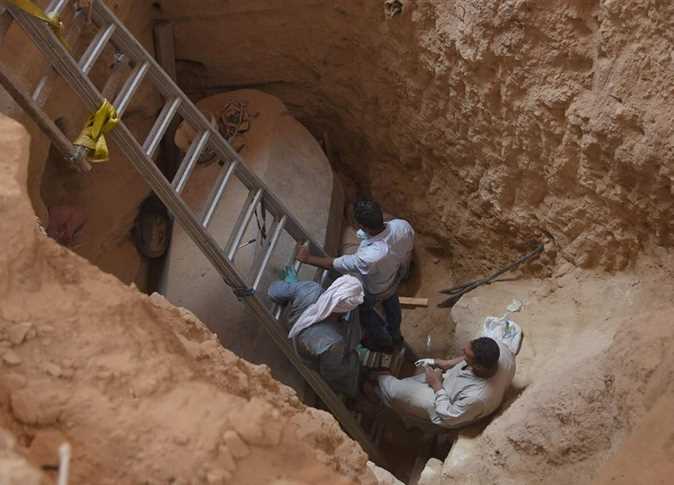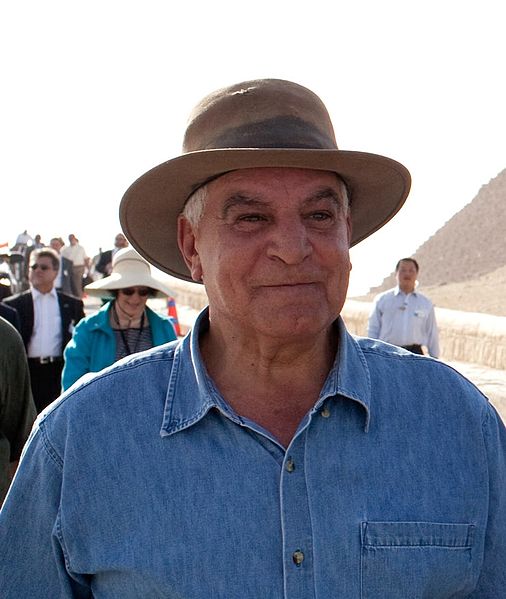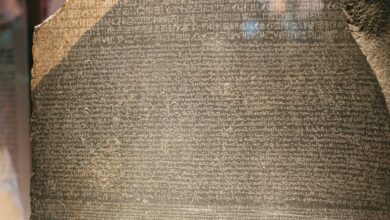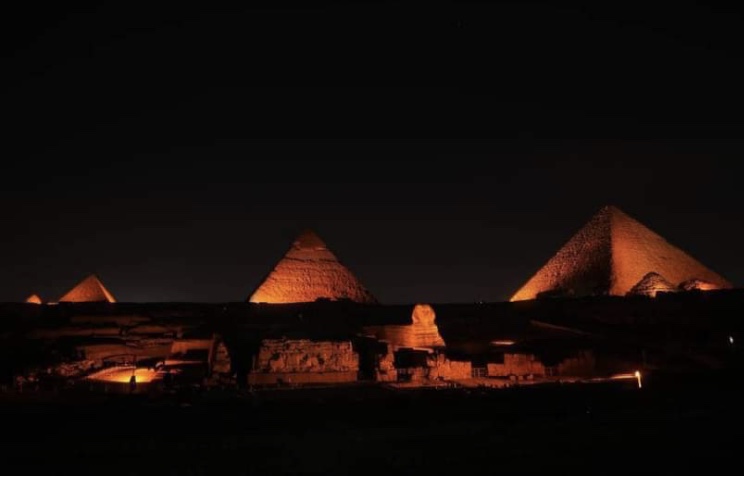
No archaeological discovery has enjoyed attention such as the discovery of the granite sarcophagus weighing about 30 tons found under a house in Alexandria.
I would like to point out that hundreds of foreign and Egyptian journalists have spoken to me about this subject. Most of the questions revolved around the question of whether this sarcophagus belongs to Alexander the Great, because Alexander’s tomb is still a dream for people everywhere, and many scientists and non-scientists have tried to search for this tomb in many places.
This dream led a Greek waiter named Stelios Koumoutsos to collect donations from rich people all over the world, especially in Greece, in order to search for the tomb. He was eventually able to obtain permission to search for the tomb, and I saw his excavations at Mahatat al-Raml when I was a student at the University of Alexandria.
Some thought the tomb was located in al-Nabi Daniel Street. Late Professor Fawzi al-Fakharani had announced that the tomb of Alexander the Great was in the neighborhood of the Roman cemeteries in the area of al-Shatby, where they even dug, but the tomb was not found.
So when this very large sarcophagus was discovered, some thought it belonged to the great Greek leader.
There is evidence that Alexander the Great was buried in Alexandria, and there is a story written of a person describing the tomb during his visit, but all the monuments of Alexandria have been found by pure chance, such as the catacombs of Kom el-Shoqafa, which were been found by a coachman driving a horse-drawn carriage. The Roman Amphitheater and the university in Kom al-Dekka were found when a building was being constructed.
There are plenty of archaeological sites in Alexandria upon which citizens have built their homes; they live above the monuments. We previously heard that a woman was walking in al-Nabi Daniel Street and fell through a sinkhole into the tunnels of Alexandria, but her body has not yet been found.
So when the world saw this giant granite sarcophagus, Alexander the Great immediately came to their minds.
The rumors increased when the Ministry of Antiquities delayed opening the sarcophagus, which caused many minds to race, imagining that the Ministry of Antiquities was afraid of unleashing a curse by opening it. Some went on to say that a huge discovery would be announced, so the ministry was delaying in order to make arrangements for the important, world-shaking announcement.
But the fact is that the 30-ton coffin was very deep in a small place that needed huge procedures and arrangements to extract it safely from the surrounding underground water.
The coffin could not belong to Alexander the Great or any Ptolemaic or Roman. The coffin was not found in the royal quarter. In addition, if the coffin belonged to a royal figure, there would be some inscriptions written in Greek or hieroglyphics. So I ruled out from the very beginning that it belongs to a king or commander.
Indeed, after it has been pulled out and opened, the coffin does not belong to Alexander the Great and there is no curse from the Pharaohs.




